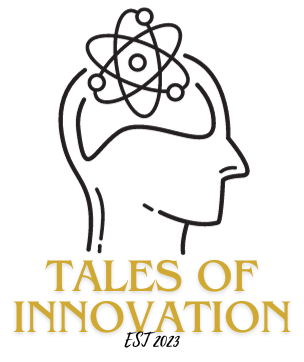Spontaneous writing is a stimulating but also exhausting activity for the brain. It requires your undisputed attention, a lot of creativity and curiosity to challenge your assumptions and it is not like writing an essay or a novel, where the author uses a compass to guide him from inception to the main body and up to the conclusion.
On the contrary, spontaneous writing helps not only to clear our way of thinking but also to tinker with our ideas and points of view. Very few times, an author writing spontaneously already knows where his mind will bring him and, therefore, spontaneous writing is not like travelling, where you have a clear destination that you want to reach, an end goal, but it is more like dancing, where you are enjoying the process of creation, for the sake of doing it, without a clear idea of the outcome, just looking at one step at a time, to maybe realize at the end that you just wrote a lot of nonsense, maybe good to lifting something from your chest, but of a little help to any future reader, even the same author.
Should someone then write spontaneously? Absolutely! The process itself helps to concentrate in a specific time and space, allocating our limited resources, and helping to focus on clear thinking, a very important skill to help navigate a world full of noise and company fighting for our attantion.
A few helpful resources have been Clear Thinking by Shane Parish, a book that explores how to harness the power of everyday experiences and thoughts to achieve greater success and personal growth and Super Thinking, a book that delves into the use of diverse mental models from various disciplines to enhance decision-making and problem-solving skills.

